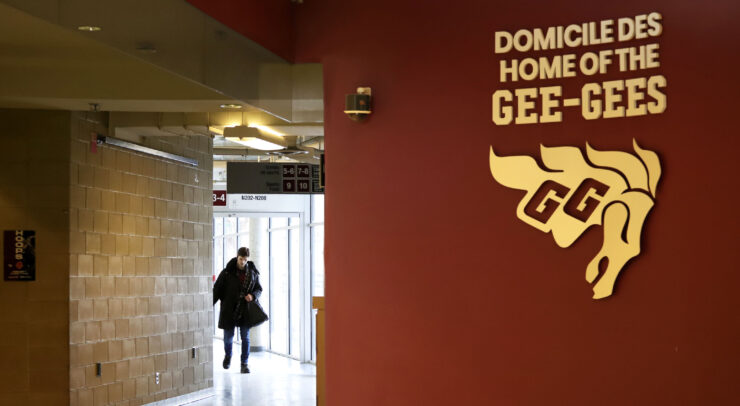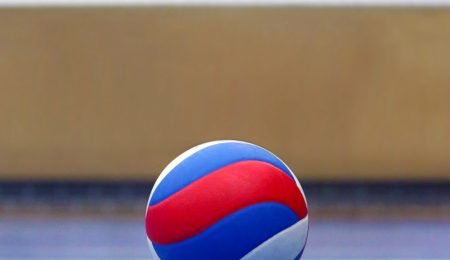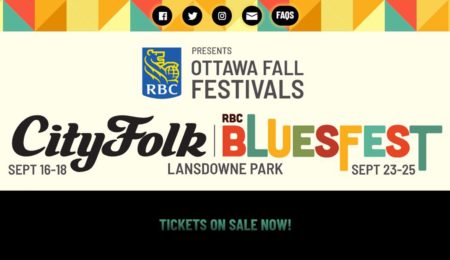Athletes given permission to post Bell Let’s Talk content on individual social media accounts instead
The University of Ottawa’s Sports Services discouraged the social media accounts of Gee-Gees clubs and teams from posting content about Bell Let’s Talk, an annual online mental health fundraiser held on Jan. 29, according to emails obtained by the Fulcrum.
Refraining from posting content about Bell Let’s Talk would help support the university’s “efforts to promote the mental health initiatives that are specific to our community and continue to focus on making our on-campus services known to all students, our student athletes, and staff,” one version of the email claims.
However, student athletes were given permission via email to post Bell Let’s Talk content on their individual social media accounts, while teams and clubs were asked to reach out to a Gee-Gees marketing and communications officer if they did want to post about mental health.
“This particular email from Sports Services was confusing and concerning,” said one person involved in the leadership of a team, whose identity the Fulcrum has agreed to protect due to fears of disciplinary action.
“It is completely understandable that the U of O would want to promote its own mental health and wellness programs and initiatives, but Bell Let’s Talk does not conflict with their programs in any way,” they wrote in a message. “In fact, it’s a promotional campaign that brings attention to the exact problem that the U of O seems to be trying to address.”
A person responsible for a social media account affiliated with the Gee-Gees, whose identity the Fulcrum has also agreed to protect due to fears of disciplinary action, said that they were shocked by the email.
“I find it very shocking that Sports Services would devalue a mental health initiative that is very effective at raising awareness and destigmatizing mental illness, simply because it’s not centred around the university,” they said in a message.
“I understand that promoting the university’s initiatives/resources is important and yes, they should be talked about more, however, they are not as visible and will not have the same impact without more involvement from the university.”
One Gee-Gees athlete whose identity the Fulcrum has agreed to protect due to concerns of disciplinary action highlighted the positive impact the Bell campaign can have.
“Bell Let’s Talk is a marketing scheme that is very clever and efficient, but it serves a greater purpose that is influential to our society,” the athlete wrote in a message. “The pros (of Bell Let’s Talk) outweigh the cons, … the movement is enough for me to support the cause.”
The directive from Sports Services arrived just a few days after the U of O’s annual wellness week and comes after thousands of people petitioned the school in December to improve its mental health services in the wake of four student deaths in less than a year.
Meanwhile, hundreds of U of O students have spent the past few days protesting a Scientology linked anti-psychiatry exhibit on campus, calling psychiatry “an industry of death,” and encouraging students to stop taking psychiatric medication.
At least two social media accounts affiliated with the Gee-Gees posted photos for Bell Let’s Talk, but one account has taken down their post while the other post remains online as of publication time.
“Censoring any conversations around mental health seems really counterintuitive if the university’s mission is to further the cause,” said Laura O’Connor, one of the co-founders of the U of O Collective 4 Mental Health. The collective was formed in December 2019 following the string of U of O student deaths and is focused on lobbying the administration for better mental health services.
O’Connor said she does have mixed feelings about Bell Let’s Talk, calling the campaign an “effective marketing ploy” and questioning the corporation’s ethics, but argued that overall, it starts important conversations about mental health.
“I would argue almost all of that good comes out of the people that share their experiences using the hashtag and help normalize that conversation,” said O’Connor, adding mental health issues take a toll on many athletes. “A lot of these athletes I’m sure have stories that they really want to tell and really want to be heard, and they’re being stifled.”
Sue Hylland, the director of Sports Services, defended the email in an interview with the Fulcrum and said that the decision to discourage posting Bell Let’s Talk content was a university one.
“We’re all supporting mental health across the country, it doesn’t matter who you’re doing it with, it just matters that you’re doing it,” said Hylland. “We didn’t change that, we just changed the focus of our communications to be around on our campus, what the U of O is doing … there was absolutely no movement away from supporting mental health.”
“The university launched a new Mental Health and Wellness Action Report this week and the communication was meant to promote it, as well as existing wellness services on campus,” the U of O’s media relations manager Isabelle Mailloux-Pulkinghorn wrote in a statement.
“The health and overall wellness of our university community is of utmost importance to the U of O,” she added.





